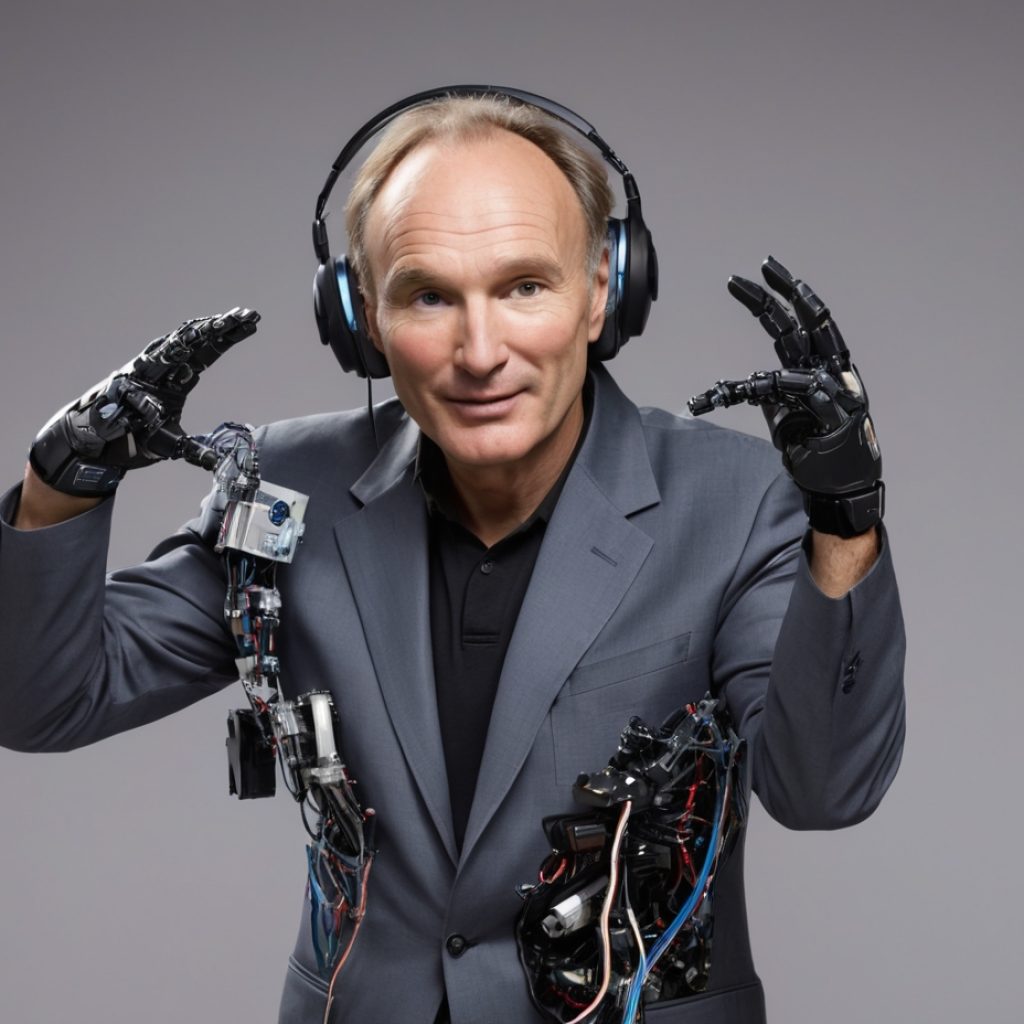The new era of generative AI technology could open new doors for people with mental health conditions to seek professional help and care.
Recent studies have found that one out of five people has a mental health condition, which attests to how rampant mental disorders are becoming, especially in the United States.
Mental Health Issues Are on The Rise
A study conducted by RAND Corp. showed that mental health services among Americans with private health insurance have particularly risen since the Covid-19 pandemic.
RAND Corp. associated the outburst of mental conditions with the rise in “anxiety disorders, major depressive disorder, bipolar disorder, schizophrenia, and PTSD.”
It’s imperative that many with mental health issues seek professional help because it can impact every other aspect of individuals’ lives, including emotional well-being, relationships, work or school performance, and overall quality of life.
However, not many are able to access quality mental health services for different reasons, including the inequities in the healthcare process, a shortage of mental health professionals, and the substantial healthcare expenses involved in seeking professional help. This is where AI technology comes in.
How AI Technology Can Help Improve Mental Health Care
Already, online or tele-mental health services have proven to hold enormous potential in improving healthcare conditions.
According to RAND Corps., “During the acute phase of the pandemic (March 2020 to December 2020), in-person mental health services declined by 40 percent while tele-mental health services increased roughly 10-fold as compared to the year prior.”
With the potential of AI technology, more could be achieved in this regard. For instance, mental healthcare providers can harness generative AI solutions to develop new therapy methods that personalize treatment plans for individual patients with difference cases.
The service providers can also build AI-powered virtual assistants, which can help patients who feel isolated or lonely have a sense of support, companionship, and comfort. What’s more, the adoption of AI solutions has the potential to cut down the cut of mental health care.
Speaking on the benefits of AI, a Dartmouth Geisel School of Medicine College professor, Nicholas C. Jacobson, said the technology “can provide access to interventions that a lot of people wouldn’t otherwise be able to access, particularly in a short amount of time.”





